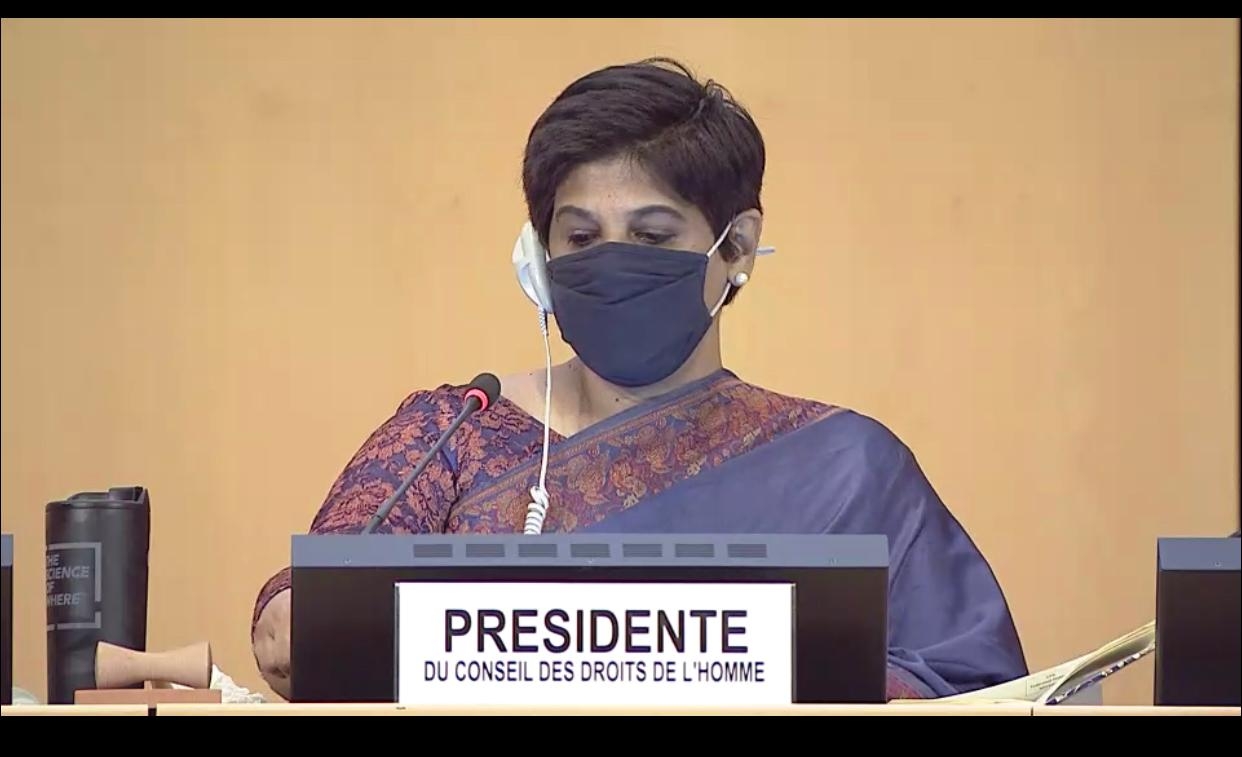A new human rights report released as Fiji’s Nazhat Shameem Khan takes the presidency of the United Nations Human Rights Council has noted concern over some Pacific Island governments’ responses to the COVID-19 pandemic.
The Human Rights Situational Analysis released by the UN Human Rights Office for the High Commissioner (UNHCR) and the Pacific Community (SPC) observed that 13 Pacific Island countries declared states of emergency in the early months of the pandemic, and notes concerns raised over harsh penalties for curfew infringements and restrictions on freedom of information and expression. It also notes allegations that major constitutional changes are being rushed through under the cover of a state of emergency without due process.
It says that measures taken by Pacific Island Countries in the ongoing COVID-19 response and recovery efforts should be aligned with international legal standards relating to special measures to avoid violating the rights of people i and to ensure the foundations essential for sustainable development are guaranteed.
At a domestic level, civil society organisations in countries such as Fiji have raised concerns over the ongoing impact of these restrictions, and their potential continuance beyond the pandemic.
Those organisations have reported increased calls to helplines and demand for domestic violence support services during the pandemic in Samoa and Fiji. The report states that further lockdowns, increased financial pressures and growing food insecurity could all increase this risk, and that this has been compounded by formal and informal support services becoming less reliable due to the reallocation of resources and reduced capacity of Civil Society Organisations.
The SPC/UNHCR report describes the mental health consequences of the pandemic for many marginalised groups as a “ticking time bomb,” citing the case of Guam, where it is estimated that there was a suicide every six days between June and August in 2020, around three times higher than the global average. The region “does not have the counselling competency and capacity to deal with widespread mental health issues” the report states.
This is a concern echoed by many working in national social services sectors, but which has not yet been comprehensively addressed by governments and development partners.
Meanwhile Ambassador Nazhat Shameem Khan’s election to the Presidency as the first Pacific Islander to hold this position, has been welcomed by the NGO Coalition on Human Rights in Fiji as a “step in the right direction” .
“As the president of the UNHCR, Fiji now faces global scrutiny on our human rights obligations. This is a welcome opportunity for Fiji to reflect on our progress and the existing human rights concerns that need to be addressed,” said the NGOCHR Chair Nalini Singh.
“With Fiji’s new appointment, our government must act to ensure that human rights and the principles of equality and justice are upheld across all sectors,” said Singh.
The NGOCHR has consistently raised concerns over alleged police brutality in Fiji, and says human rights shoud not be rolled back under the guise of COVID response measures.
Ambassador Khan presided over her first session of the Human Rights Council last week, with the commencement of the 37th Session of the Universal Periodic Review (UPR) with the review of the Federated States of Micronesia (FSM).
